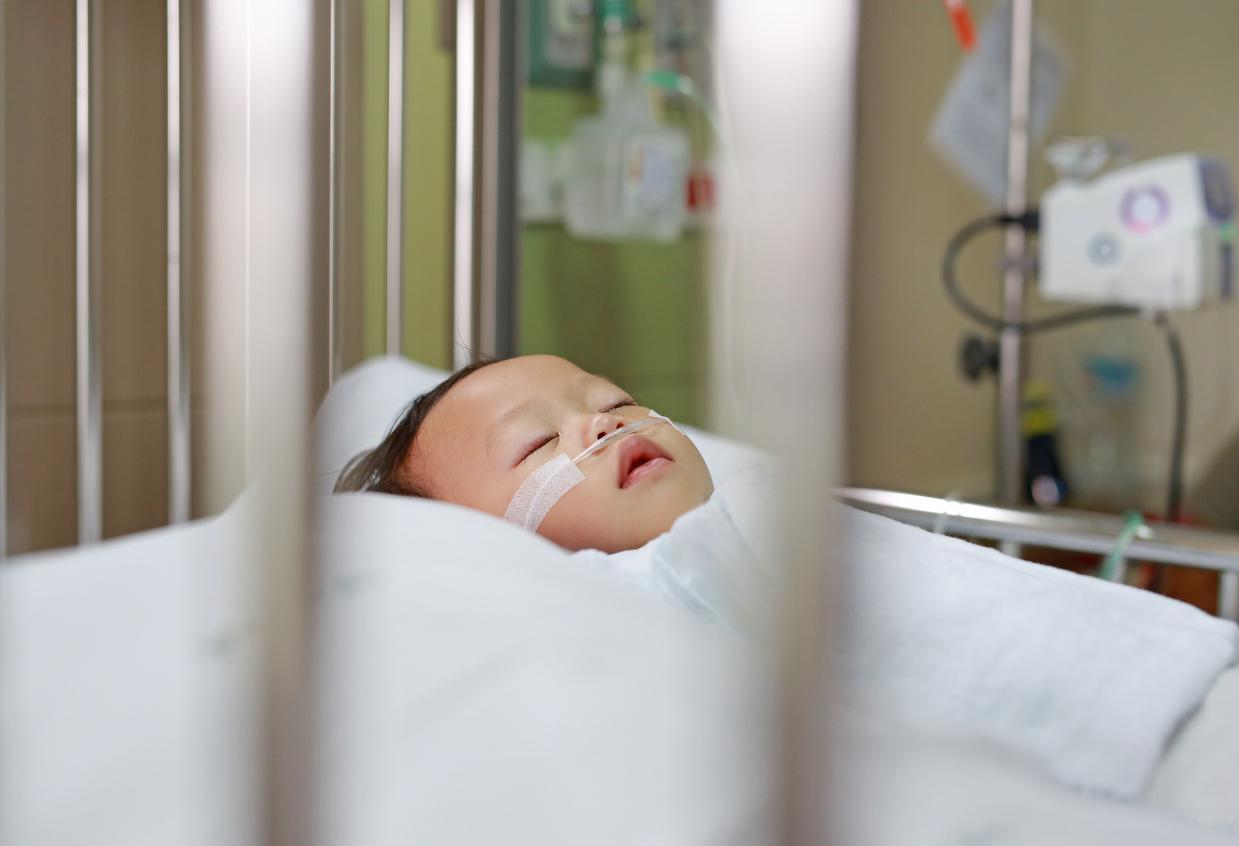
Swedish adults who had bacterial meningitis as children earned 4.0% less in annual income, used 13.5 more days of sick leave and disability pension, and had lower educational attainment than their peers, according to a study published yesterday in JAMA Network Open.
Investigators from study sponsor Merck & Co. in New Jersey and Umea University in Sweden evaluated the outcomes of 2,534 adults listed in a nationwide disease registry who had childhood meningitis between January 1987 and December 2019, with 1 year of follow-up. Their outcomes were compared with 22,806 matched peers without the diagnosis.
"A diagnosis of bacterial meningitis in childhood can lead to permanent neurological disabilities," the authors wrote.
'Long-lasting costs' for patients, society
At 28 years and older, participants who had childhood meningitis earned, on average, $1,295 less each year (95% confidence interval [CI], -$2587 to −$4), for a 4.0% (95% CI, 0% to 8.0%) reduction than controls. They also lost 13.5 (95% CI, 8.6 to 18.5) more workdays.
These findings suggest that work ability is reduced in adults diagnosed with bacterial meningitis in childhood with long-lasting costs for the individual patient and society at large.
Patients given a meningitis diagnosis at a younger age earned less and experienced more lost workdays than those diagnosed when they were older, and they were less likely to obtain a high school diploma by age 30 than controls (adjusted odds ratio, 0.68 [95% CI, 0.56 to 0.81).
"These findings suggest that work ability is reduced in adults diagnosed with bacterial meningitis in childhood with long-lasting costs for the individual patient and society at large," the researchers wrote.
In a commentary on the study, Malte Tetens, MD, and Niels Obel, MD, DMSc, both of the University of Copenhagen in Denmark, noted that the researchers didn't investigate long-term outcomes among newborns or very young infants, who usually have poorer neurologic and neurodevelopmental outcomes than older children.
"The long-term socioeconomic functioning of this subgroup is likely to differ greatly from that of children with meningitis in general and should be a subject of future research," they wrote.















